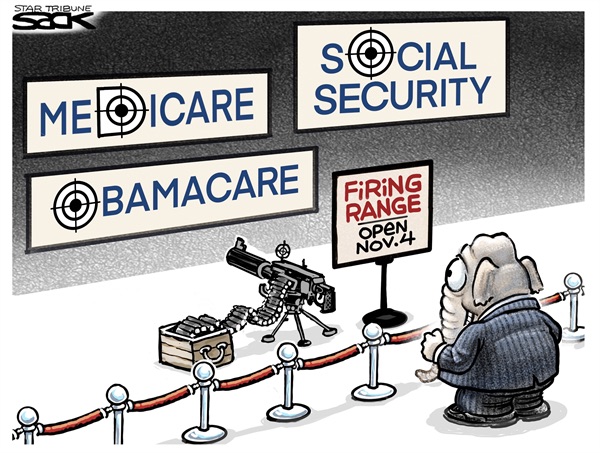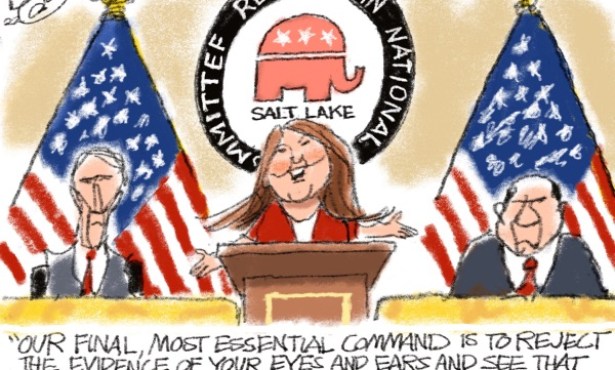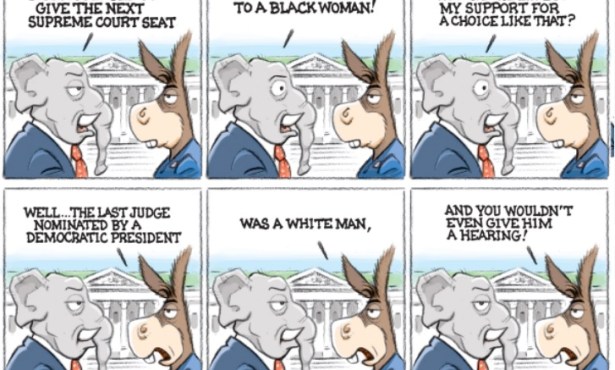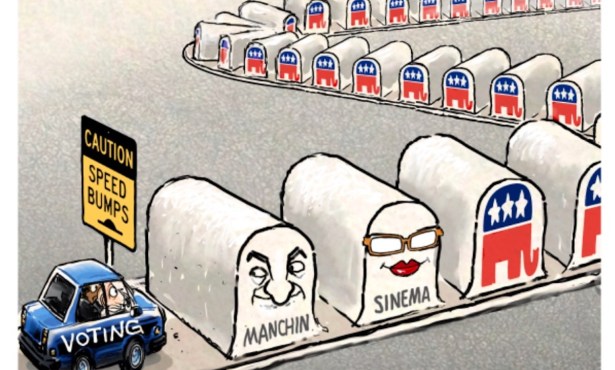Health Care Is Under Attack
The Assault Comes from Within the Government

In all honesty, it’s impossible to keep up with Donald Trump’s actions. During a worldwide pandemic, he is threatening to pull us out of the World Health Organization (WHO), fired another inspector general for inspecting his administration, and announced he is taking hydroxychloroquine for COVID-19 even though the medical community advises against it. While all of these “developments” are important to U.S. citizens, they are also distractions, not only from his administration’s inadequate response to the pandemic but from what his administration is quietly doing to American’s health care.
Health insurance was a priority issue in the 2018 mid-term elections. It was endlessly debated during the Democratic primaries. Voters in 2020, according to polling, will again consider it to be one of their top issues. What voters cannot afford to ignore is that in the midst of the pandemic which has infected more than 1.5 million of us and killed more than 90,000, Donald Trump not only continues to attack the Affordable Care Act (ACA) without a replacement but has his administration arguing to repeal it before the U.S. Supreme Court.
According to the Urban Institute, eliminating the Affordable Care Act (ACA) would cancel health insurance for 21 million Americans. For the 133 million Americans with preexisting conditions (diabetes, cancer, pregnancy, etc.), repeal would again allow insurance companies to deny coverage due to those conditions. Repeal would also mean loss of coverage for prescription drugs and loss of coverage for more than 12 million Americans receiving coverage through Medicaid expansion. There’s more.
Trump’s U.S. Department of Health and Human Services (HHS) is in the process of promulgating regulations that would undermine the ACA’s prohibitions against discriminations in health care based on gender, race, ethnicity, sex, age, or disability. Under the ACA, Americans have a legal right to not only health insurance but to not being discriminated against in obtaining it. The proposed rule would roll back anti-discrimination protections for communities of color, women, LGBTQ individuals, those with limited English proficiency, and people with disabilities.
Prior to COVID-19 attacking us, 160 million Americans, roughly half the population, received their medical insurance through their jobs. The layoffs and sheltering caused by the virus threatens that coverage. If the pandemic results in 20 percent unemployment, researchers are predicting anywhere from 25 million to 43 million people could lose their health insurance. Couple this with Trump’s attempt to repeal the ACA, without a replacement health-care policy, and America would be facing not only COVID-19 but an additional health crisis based on lack of medical insurance.
Under the ACA, the federal government, through the Department of Health and Human Services (HHS) and the Centers for Medicare & Medicaid Services (CMS) can inform Americans who have lost their jobs and health insurance that they are eligible to apply for affordable health-care coverage under the ACA. This information is not being made available. Without this outreach, many Americans who have lost their jobs, and therefore their health insurance, remain unaware that they have the right to coverage by enrolling in the Affordable Care Act. (In California, people recently unemployed can apply to Covered California for health insurance.)
It’s possible that we will know whether the Supreme Court protects health-care coverage prior to the 2020 election. Regardless, voters need to consider these attacks as they decide who to vote for in November.



